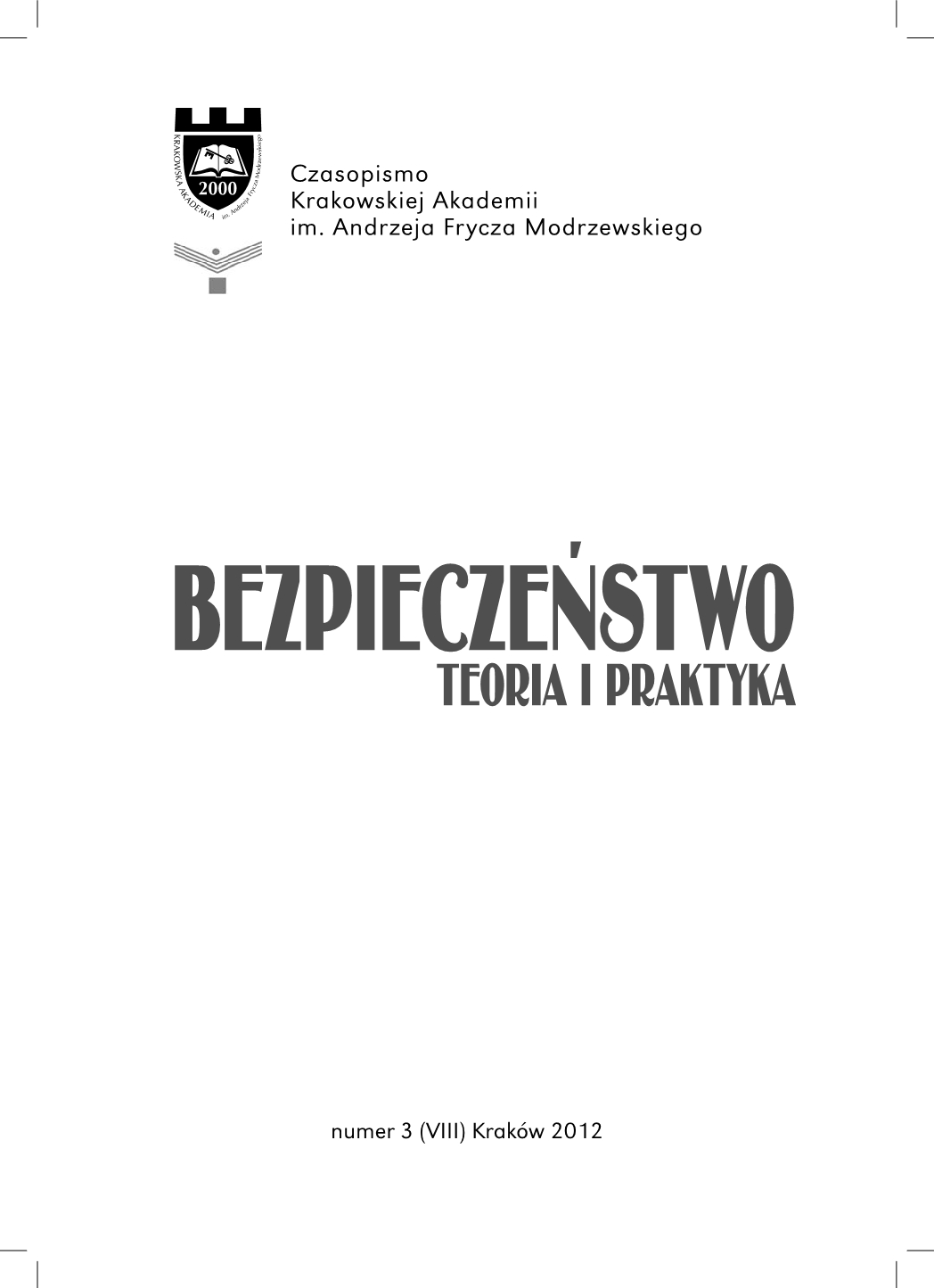Strategia Unii Europejskiej wobec regionu Morza Śródziemnego w kontekście walki z terroryzmem
The European Union’s Strategy Towards Mediterranean Sea Area in the Context of Fighting with Terrorism
Author(s): Łukasz SendekSubject(s): Economic policy, International relations/trade, Security and defense, EU-Accession / EU-DEvelopment, Globalization, Geopolitics
Published by: Oficyna Wydawnicza AFM Uniwersytetu Andrzeja Frycza Modrzewskiego w Krakowie
Summary/Abstract: The tense security environment caused by 9/11 and subsequent terrorist bombings in Madrid, London as well as recent events within so-called the Arab Spring had an impact on the overall issues related with the European Union internal and external security. The study of the EU’s relations with its close neighbours is increasingly important in the wake of potential enlargement of the Union (aka Turkey) because it directly relates to the question whether the EU is able to foster peace and stability in its neighborhood. The article deals with matters such as the European Union counter-terrorism actions in its closest partners from North Africa. The study represents factors which determine relations between EU and Maghreb countries. The reader will be also familiarized with the threats imposing a pressure on the European dimension of security. It must be stated that since 2001, the nature of the European Union’s external action in the Mediterranean, particularly with respect to North Africa, has undergone significant change. The normative objectives of the Euro-Mediterranean Partnership have been effectively replaced by the co-operation to combat a shared threat: transnational terrorism. Furthermore, for about a decade the European Union has imposed conditions on the delivery of financial aid to third countries in order to promote the economic, institutional and political reform which reflects the significance of those relations. The article’s main argument is that the Euro-Mediterranean security cooperation is better understood if the relations are considered in a bilateral dimension, rather than multilateral. Nevertheless, the reader will be presented with multilateral activities in the fight against terrorism, such as MEDA JAI programs or FRONTEX activity, as well as bilateral agreements between selected countries. Finally, the study aims at answering three basic questions: how does the EU try to mitigate terrorist threats in the Mediterranean region; why does the phrase “forced marriage” describe relations between EU and Maghreb countries; what are the nearest future of these relations in the aftermath of the Arab Spring.
Journal: Bezpieczeństwo. Teoria i Praktyka
- Issue Year: VIII/2012
- Issue No: 3
- Page Range: 7-22
- Page Count: 16
- Language: Polish

